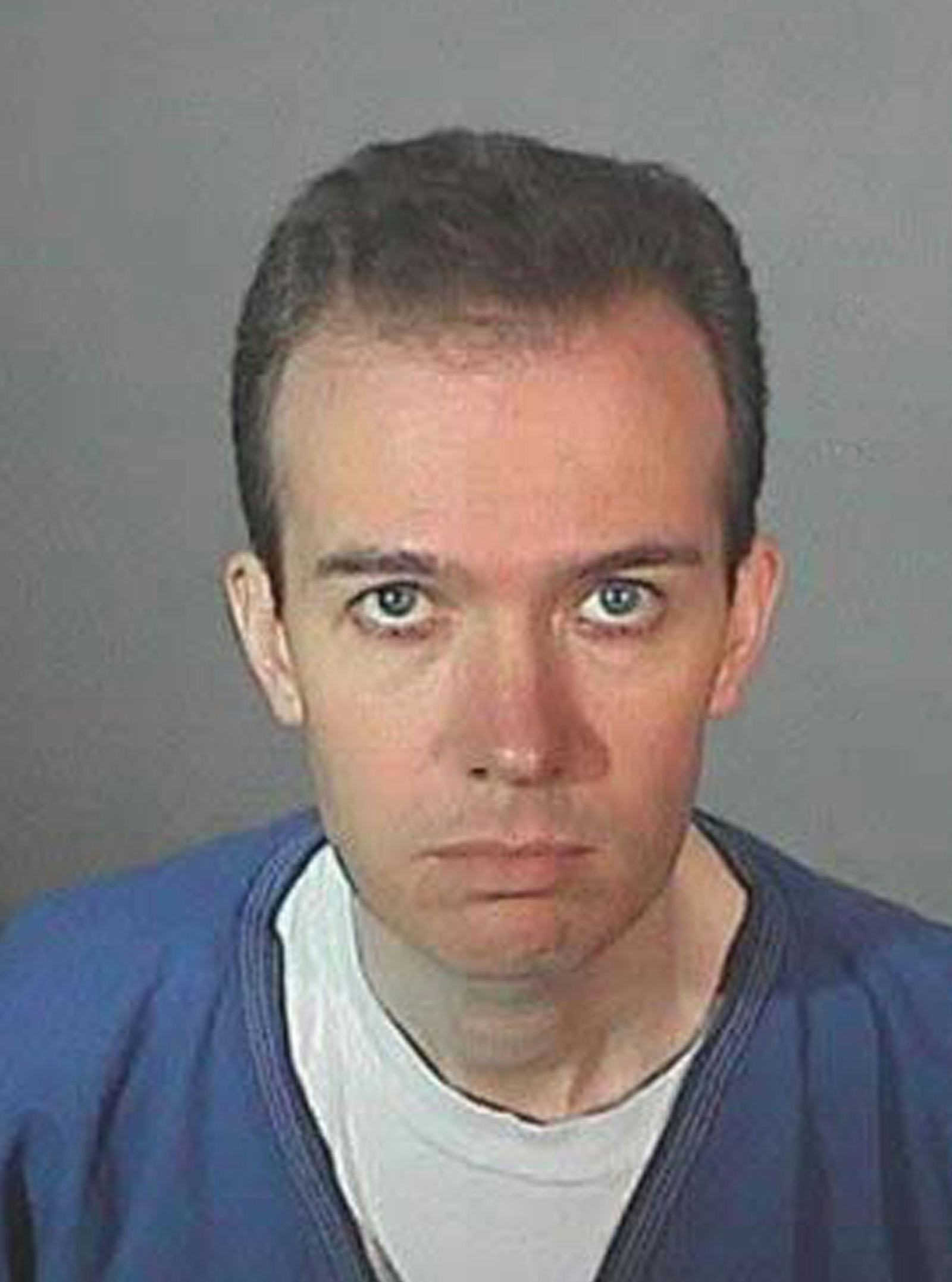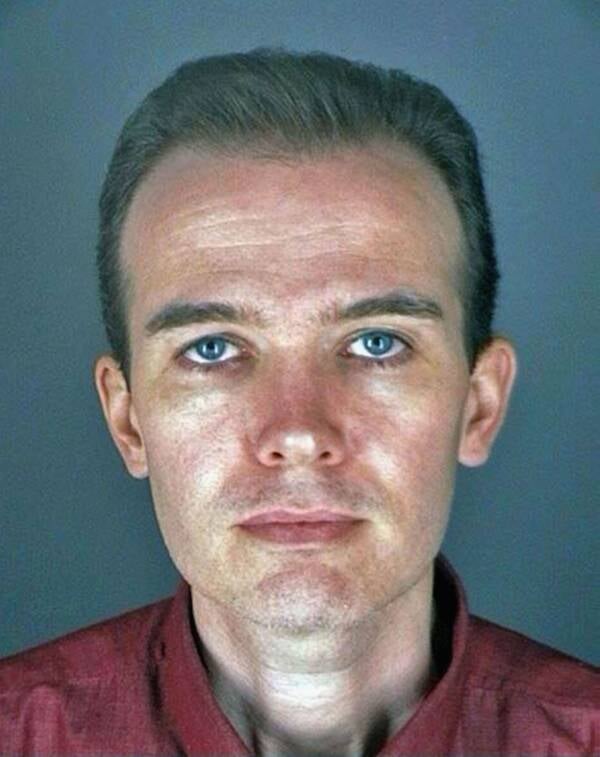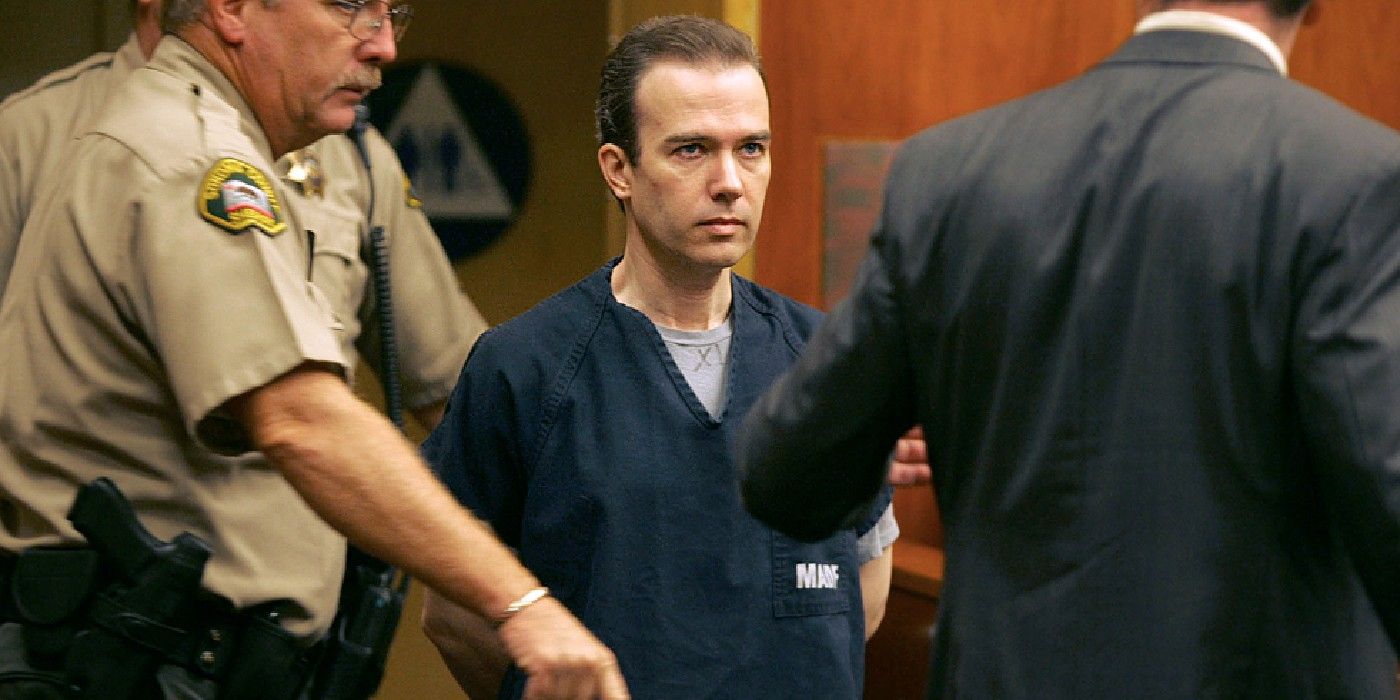John Mark Karr & JonBent Ramsey: The Truth Behind The Confession
Who was truly responsible for the tragic death of JonBent Ramsey? Despite a web of confessions, accusations, and international intrigue, the mystery surrounding the 1996 murder remains largely unsolved, with a controversial figure at its heart: John Mark Karr.
The name John Mark Karr became synonymous with the JonBent Ramsey case in 2006, not through a conviction, but through a confession. This confession, made in Bangkok, Thailand, where Karr was subsequently arrested, sent shockwaves through the media and reignited public interest in a case that had captivated the nation for a decade. The circumstances surrounding this confession, the details Karr provided, and his subsequent exoneration paint a complex picture of deception, delusion, and the enduring allure of unsolved crime. Karr, who also used the aliases Alexis Reich and the online handle "Daxis," claimed to have drugged, sexually assaulted, and accidentally killed JonBent, offering disturbing details about the crime that, at the time, seemed to definitively bring closure to the case.
| Information | Details |
|---|---|
| Full Name | John Mark Karr |
| Aliases | Alexis Reich, Daxis |
| Date of Birth | Unknown (Based on available information, he was 58 years old at the time of his 2006 arrest) |
| Education | Former substitute teacher |
| Notable Associations | Suspect in the JonBent Ramsey murder |
| Location of Arrest | Bangkok, Thailand (August 20, 2006) |
| Charges | Child pornography charges (California, 2001) and false confession to murder. |
| Current Status | Not convicted of JonBent Ramsey's murder. Found to be not guilty. Details of his current life are scarce. |
| Key Events | 2001: Fled the US after being charged with child pornography. 2006: Confessed to JonBent Ramsey's murder and was arrested in Thailand. Extradited to the US. Later found to be not guilty due to DNA evidence. |
| Reference Website | NBC News: Suspect in JonBent Ramsey case arrested in Thailand |
The details provided by Karr, as arresting as they were, would later unravel. While in custody in Bangkok, Karr provided details that, while seeming damning at first, did not hold up under scrutiny. DNA evidence, obtained after his extradition to the United States, ultimately cleared him of any involvement in JonBent's murder. This revelation, delivered in the wake of fervent media attention, left the public and investigators alike grappling with a series of questions: Was Karr a misguided individual seeking notoriety, or was he a calculated manipulator? And, perhaps most significantly, did his confession, despite its falsehood, shed any light, however indirect, on the actual perpetrator?
The investigation into the murder of JonBent Ramsey has been a long and winding road. In 1996, the six-year-old beauty queen was found dead in the basement of her family's home in Boulder, Colorado. The circumstances of her death, the ransom note, and the lack of a clear suspect immediately catapulted the case into the realm of high-profile mysteries. Numerous suspects have been investigated over the years, including members of the Ramsey family themselves, but no one has ever been successfully prosecuted for the crime.
The arrest of John Mark Karr in Thailand in 2006 offered a momentary sense of closure. Authorities, including Boulder County investigators, believed they had finally captured the individual responsible. However, the subsequent revelation that Karr was not, in fact, guilty, only deepened the mystery. The events that followed Karr's confession, his extradition, and his ultimate release, have fueled the ongoing fascination with this case.
Karr's story is one of many interwoven with the Ramsey case. The investigation also involved the exploration of other potential suspects. From the Ramseys themselves to other individuals with potential motives, Boulder police, in their quest for justice, have faced an intricate and multifaceted investigation. Gary Oliva, a name that would eventually surface in connection to the case, became a significant figure. The investigation also considered a variety of other individuals, each contributing to the ever-expanding narrative of the JonBent Ramsey case, a narrative that continues to evolve.
Adding another layer of complexity to the case is Karr's own narrative. Interviews and statements released by Karr, often bearing the mark of John Mark Karr's photography, presented an enigmatic version of events. He hinted at the presence of another person the night JonBent died. These statements, released both before and after his arrest, paint a picture of a man with a desire for attention and a capacity for weaving elaborate stories. Karr's account, whether true or false, highlights the psychological depth and manipulation that continues to make the Ramsey case so perplexing.
In a 2023 article, a statement was made for the FBI and, indirectly, to Polly Klaas's killer. It demonstrates the persistent reach of these cases into the public consciousness, even decades after the events. The continued attention underscores the desire for justice and closure, not only for the victims and their families, but for the community as a whole.
The events leading up to Karr's confession and arrest reveal a series of missteps and misinterpretations. His previous history, including charges of child pornography in California, should have been a red flag. Yet, as Karr's story indicates, the search for the truth is frequently a complex and difficult process. His arrest in Bangkok and subsequent extradition brought global attention to the case. His arrest in Bangkok, Thailand, on August 20, 2006, marked a critical moment in the ongoing investigation into the murder of JonBent Ramsey, and made headlines worldwide.
The legal process that followed Karrs arrest further highlighted the intricacies of the case. Despite the apparent incriminating statements and details that Karr had provided, the lack of definitive evidence and conflicting information ultimately prevented a conviction. The failure to convict Karr, despite his confession, raised important questions about the legal system and the challenges inherent in solving cold cases. While authorities may have been eager to find closure, the pursuit of justice demanded the meticulous collection of facts.
The case of JonBent Ramsey and the role of John Mark Karr serve as a cautionary tale. It highlights the perils of jumping to conclusions and the importance of scientific evidence. Despite the false narrative spun by Karr, the underlying mystery remains. The question of who killed JonBent Ramsey continues to be asked. It underscores the enduring impact of this unsolved case and its grip on the collective imagination. The search for answers persists, fueled by the desire to bring closure to a tragedy that has haunted the public for decades.
The investigation also explored the possibility that Karr was a decoy, and that the real killer was still at large. This theory, supported by the fact that Karr was ultimately exonerated, underscored the complexity of the case and the difficulties investigators faced. The involvement of John Mark Karr, although ultimately proven false, significantly impacted the trajectory of the case, adding a layer of deception and uncertainty that continues to shape the public's perception.
The persistence of interest in the JonBent Ramsey case is testament to the enduring power of unsolved crimes. The case has become a staple of true crime podcasts and documentaries, providing ongoing speculation. The story continues to generate interest and has created a vast collection of information. In the end, the mystery surrounding the death of JonBent Ramsey, complicated by Karr's involvement and the subsequent exoneration, continues to haunt the public.


